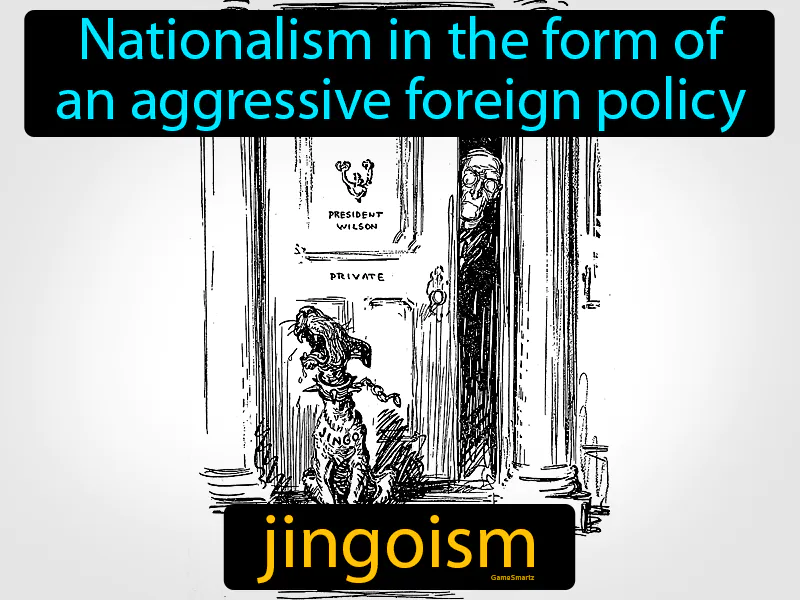Jingoism
Jingoism: Easy to understand
Jingoism during the US Imperialism era from 1890-1920 referred to a forceful national pride that supported aggressive foreign policies, often justifying expansion into territories like Puerto Rico, Guam, and the Philippines. It was important because it responded to the idea that the United States should grow its power and influence across the world, driven by both economic interests and a belief in cultural superiority. This intense nationalism sometimes led to conflicts and tensions with other countries, as well as debates within the US about the morality and consequences of imperialism. Today, jingoism can still be seen when countries prioritize aggressive policies or actions based on national pride, which can lead to conflicts or tensions between nations. For example, when countries engage in trade wars or military posturing, it can affect global economies, leading to higher prices for goods and impacting people's everyday lives.

Practice Version

Jingoism: Nationalism in the form of an aggressive foreign policy. Jingoism. Historically, jingoism refers to extreme patriotism that advocates for a belligerent or warlike foreign policy.